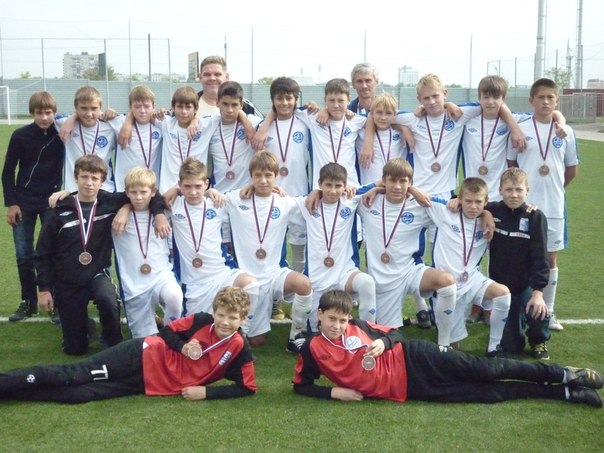- Преподавателю
- Иностранные языки
- My lesson plan Future forms
My lesson plan Future forms
| Раздел | Иностранные языки |
| Класс | - |
| Тип | Тесты |
| Автор | Непогодина Н.Ф. |
| Дата | 29.10.2015 |
| Формат | docx |
| Изображения | Есть |
Foreword

I'd like to tell you some words about my students who I think about taking part in this competition.
All my students are boys of ages from 10 to 16 years old. They are all keen on football and it's a special school for young footballers. They all dream about football career in the future.
Only a part of them find a job of a footballer when they leave, so the others must be prepared for the real world. They are both football fans and football players so they know everything about football clubs all over the world and if I only mention the cities of Liverpool, Manchester or London they will shout at once the names of football clubs, famous footballers and only after that they are ready to speak about other things connected with these cities. So…. They are very funny boys and English for them is as difficult as football practice for me. They want me to understand and watch all football matches they ask. I can only smile and nod in answer……
Being at Sport lyceum №82 is like studying at two schools for them. They have a lot more work to do than pupils at a normal school. They do typical school subject like maths, English, computer studies and history, and they also have football trainings every day and other sport subjects like swimming and gymnastics. It happens that they leave school for football competitions to other cities like Omsk, Kasan, Moscow. After the competitions they come back tied and excited but they don't have time to relax. They have to work harder. And my aim is to help them in learning and to make my lessons interesting for them and for me. And I think it's my dream for many years.
Future forms.
Goal
Review be going to, will, and Present Continuous for future.
Introduction: Today we are listening and reading interviews with big names in football. They said when they are asked: "What do you think you'll be doing in five years' time?" We remember all verb forms for future and try to say about your future plans. Teacher asks the students to follow the rules.
Students are divided into groups of three or four. They compete to each other. They may choose a captain who is in charge of the right answer. They have time limit depends on the difficulties of the task (from 3 to 8 minutes).The team who has the most points is the winner. They get 1 point for each right answer.
Body:
Task 1. (2 minutes limit) Remember and say all verb forms for future.
Task 2. (3 minutes limit) Matching exercise.
-
They are going to buy a house. 2. I'll give you a lift to the station if you want. 3. I'm getting married at 2.30 on the 12th of June.
-
Future Simple b) going to c) Present Continuous
Task 3. (3 minutes limit) What are the differences between these three forms for expressing the future. What do they mean? When do we use these forms?
1
Task 4. (5 minutes limit) Listen and follow the transcript. What future form do they use asking the question. Why?
Task 5 (4 minutes limit) Listen and read the interview again and say: Who hope to play football in 5 years? Who think to come back to his country? Name the footballers.
Task 6 (5 minutes limit) Who said the following expressions. What do they mean?
I hope so; I think…; It depends…..; Well I think I'll probably….; Hopefully…..
Task 7 (3 minutes limit) Complete the sentences with a form of be going to or will.
-
"Why have you got so much meat?"
"Because I____________(cook) a soup for ten people".
-
"My car isn't working"
"Ask Joe to look at it. He__________(help) you"
-
"I passed my exam!"
"That's great! I _________(buy) a big cake to celebrate!"
Task 8 ( 1 minutes or less for each student) Say: What do you think you'll be doing in 5 years?
Conclusion:
The teacher sums up the points and announces the team winner.
The captains say the main rule for the future: Going to means that you've already decided to do something before you speak about it and for our intentions. Will means that you're deciding as you speak. Present Continuous is used to speak about the arrangements.
2


